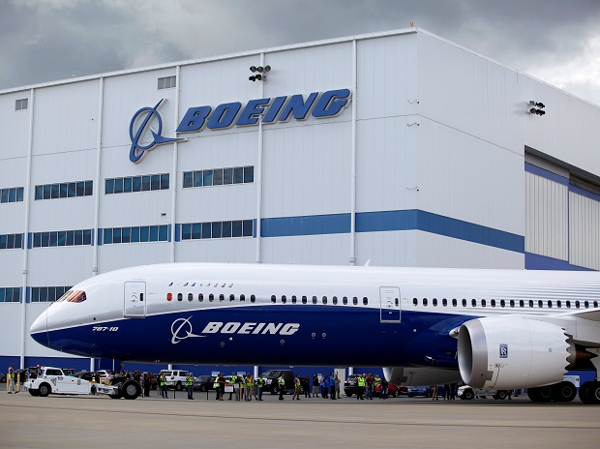Boeing provides airline operators with an airplane health management service. Vast amounts of data are analysed to provide transformational insights into fleet health and operational status. It is core to Boeing’s digital solutions and analytics strategy, says Bala Bharadvaj, MD at Boeing India Engineering & Technology Centre (BIETC). “Research work at BIETC in Bengaluru has made important contributions to this technology,” he says.
The system uses data analytics to predict when aeroplanes require maintenance. There are thousands of parts in a plane and some of them require regular maintenance. Traditionally, after a certain amount of hours, a part is replaced. But it’s likely that the part could have survived longer. “So how do you figure out if a part is still good or not? The technology we use takes measurements and predicts how many more hours the part can be used for. So now airlines can make predictions beforehand and be ready with a spare part, thus avoiding valuable downtime,” says Bharadvaj.
BIETC developed the methodology to use data analytics for this platform. “This technology isn’t new, we’ve been using data analytics for a while. But what has changed now is the amount of data available. We’ve had to develop more complex methods to parse through the mountain of data generated by planes. Speed is another factor, the expectation is for real-time information that can be acted on quickly, which wasn’t possible before,” Bharadvaj says.
The Boeing India research team is the second largest in the world after that in the US. Bharadvaj says that’s because the company here has been able to get motivated people and have been able to train them effectively. “We hire a large number of people with PhDs in a wide variety of fields – aerodynamics, data analytics, chemistry, material science, and others,” he says.
The India centre has also contributed to what is called non-destructive evaluation (NDE), an important element of manufacturing and maintenance of aerospace components and structures. Improvement in NDE techniques, methods and analysis contributes to cost and productivity gains. BIETC has developed a technology for computer-assisted evaluation of components through novel image processing algorithms. These algorithms are validated for accuracy and robustness with actual historical production data. Once validated, these algorithms are incorporated in a software with a user-friendly interface. “Besides developing and demonstrating the pioneering technology in the aerospace domain, the team worked with our experts in the US and launched it for use in our 787 programme,” says Bharadvaj.
Source: Gadgetsnow
Image Courtesy: BusinessStandard
You may also like
-
Trade Connect E-platform For Exports Is Single Window, Fast, Accessible And Transformational: Shri Piyush Goyal
-
Dot Simplifies Approval Processes For Telecom Licenses And Wireless Equipment
-
Coal Production and Supply Trends on Positive Trajectory
-
Union Minister To Release Booklets On Promotion Of Indigenous Species & Conservation Of States Fishes
-
2nd India-Japan Finance Dialogue held in Tokyo on 6th September, 2024
